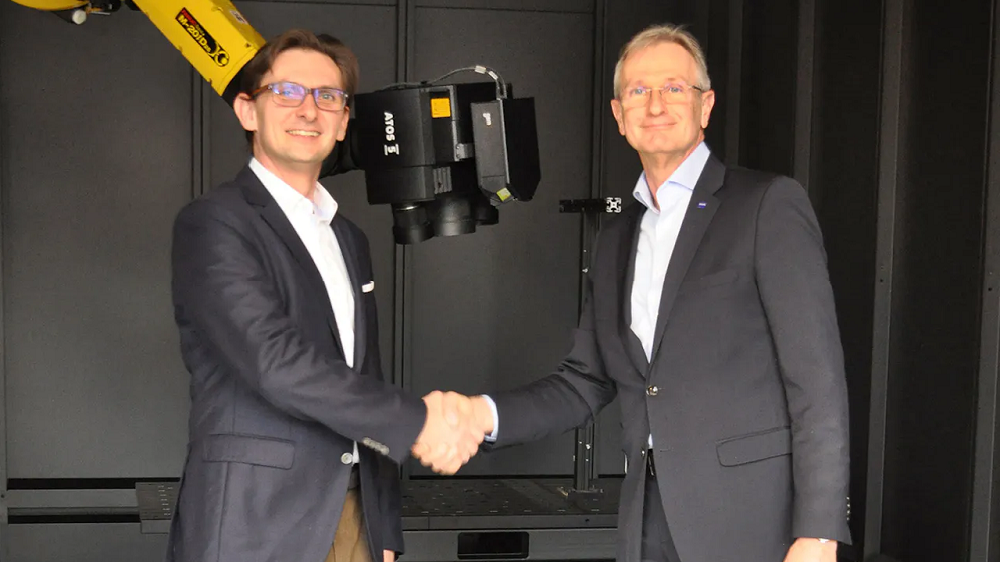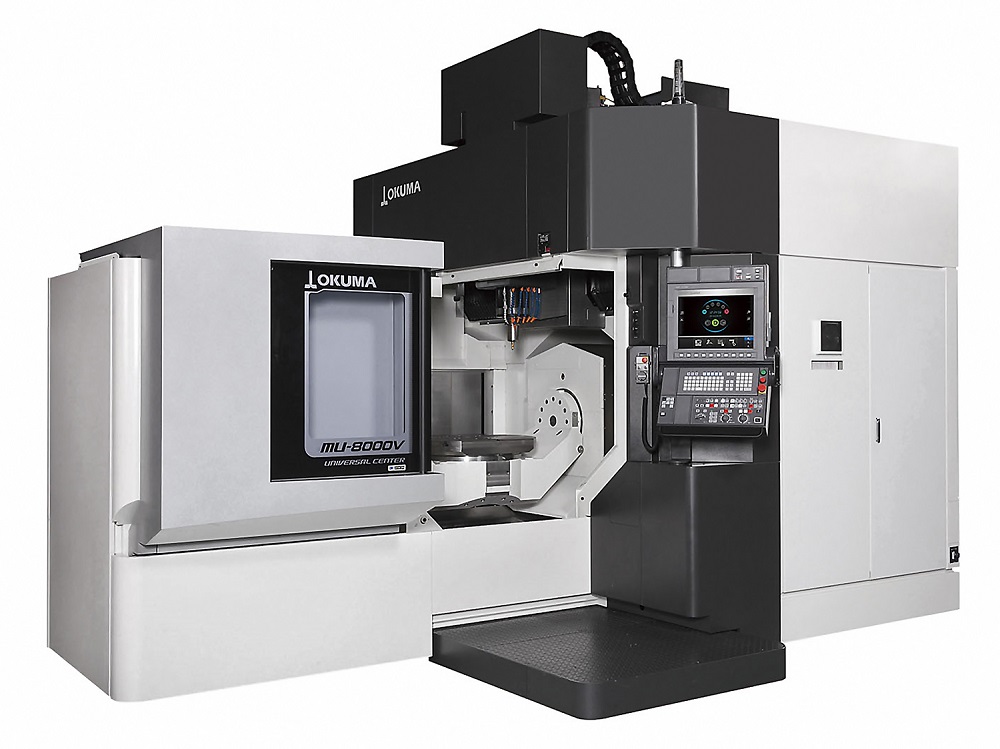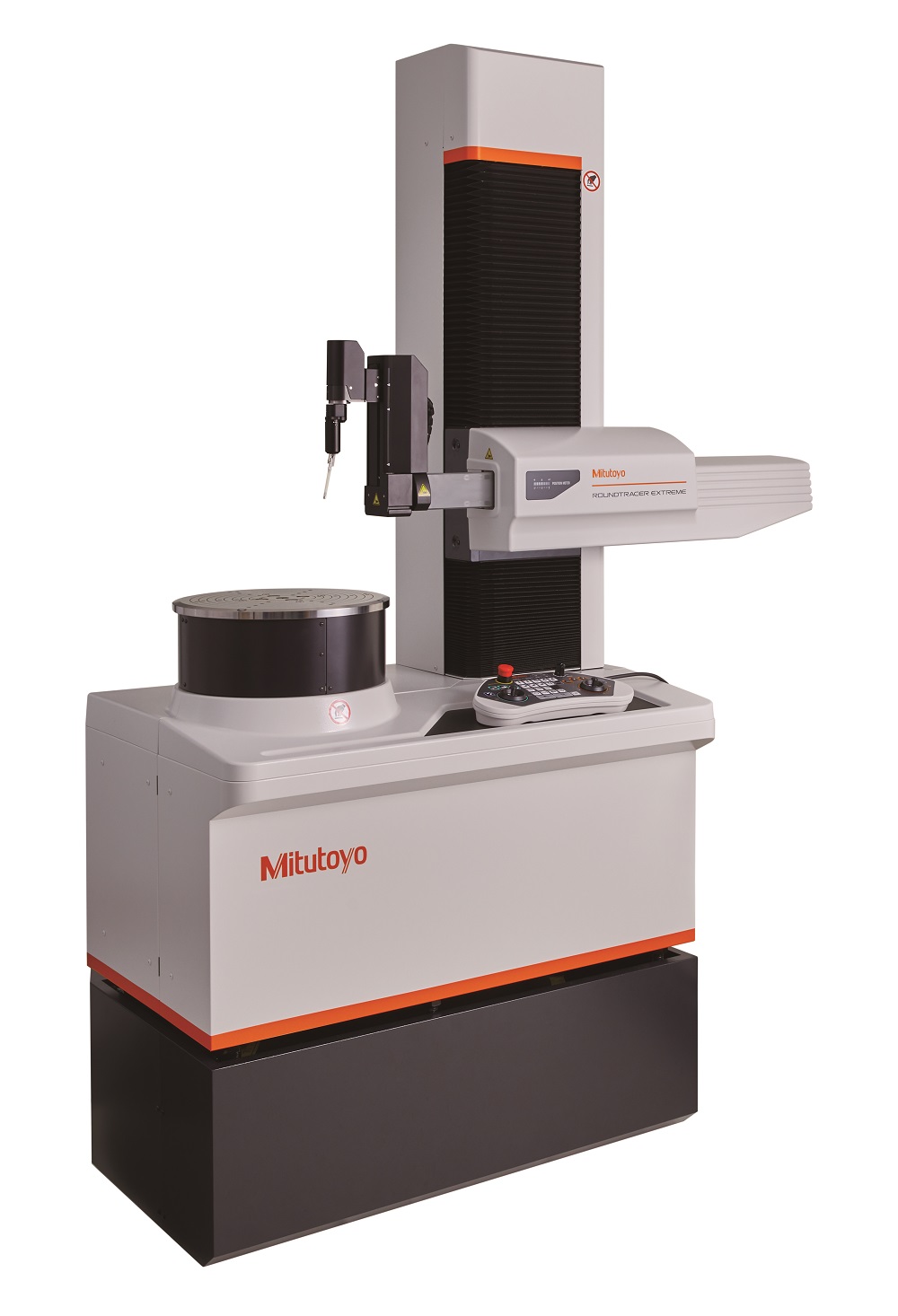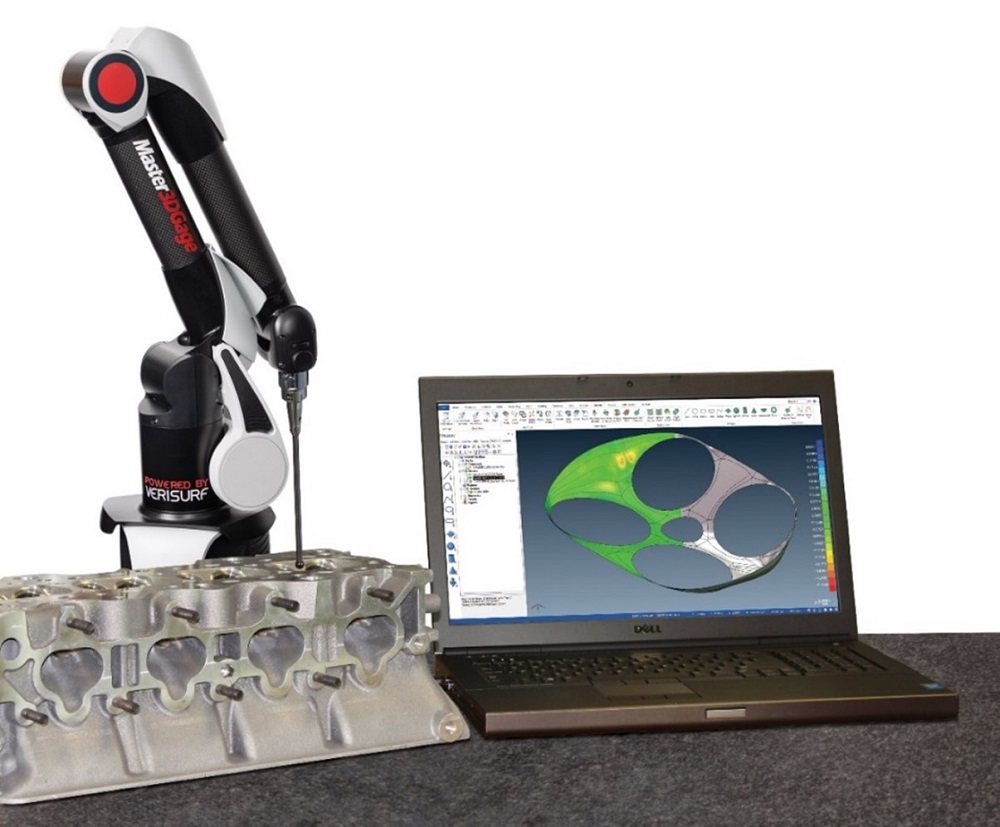Zeiss plans to expand its market presence in Poland for its industrial quality andresearch segment by acquiring Lenso. The company will become part of Zeiss Industrial Quality Solutions. Headquartered in Poznan, Lenso is the leading partner in Poland for 3D optical systems. With this acquisition, customers will benefit from a seamlessly integrated experience to get the best measuring solutions for their specific applications. Clients will also benefit from quality measurement solutions and expanded expertise from a single provider.
“We are happy to join forces and expertise in the important polish market,” states Dr Marc Wawerla, head of Zeiss Industrial Quality Solutions.
Michael Hubensack, CEO of SSC Carl Zeiss Poland, adds:“Our goal is to be the number one for metrology and quality control in Poland and shape the market.”
Marek Radke, CEO of Lenso, says:”We’re looking forward to being a part of Zeiss to combine our efforts in providing best solutions for our customers. Being a member of the Zeiss family will open up new opportunities for our teams and customers.”
Once the transaction is complete, Lenso will join the Zeiss Sales and Service Company in Poland as part of Zeiss Industrial Quality Solutions. In addition, Zeiss and Lenso will each continue to be responsible for the services they offer to their customers. Both sides have agreed not to disclose the financial details of this transaction.
For further information www.zeiss.com/metrology



















